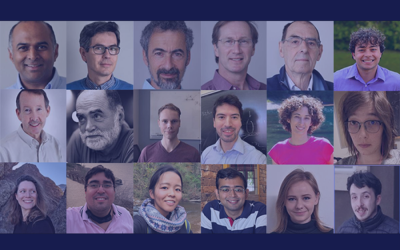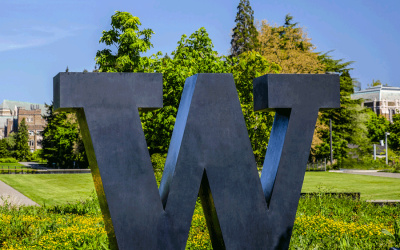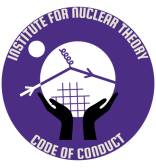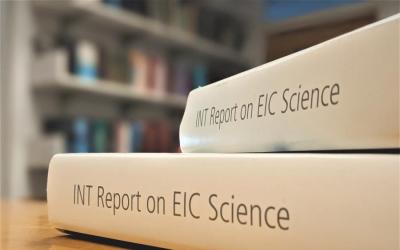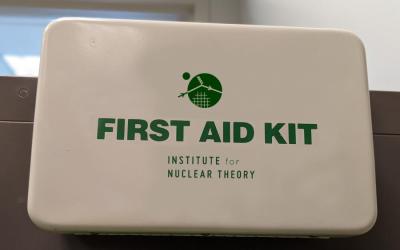Welcome to the Institute for Nuclear Theory (INT)

Nuclear Hamiltonians for Advancing Nuclear Physics and Beyond
A sound theoretical description of nuclear forces is pivotal for understanding many important physical observables over a wide range of energy scales and densities, from few-body physics to nuclear-structure observables to astrophysical phenomena.
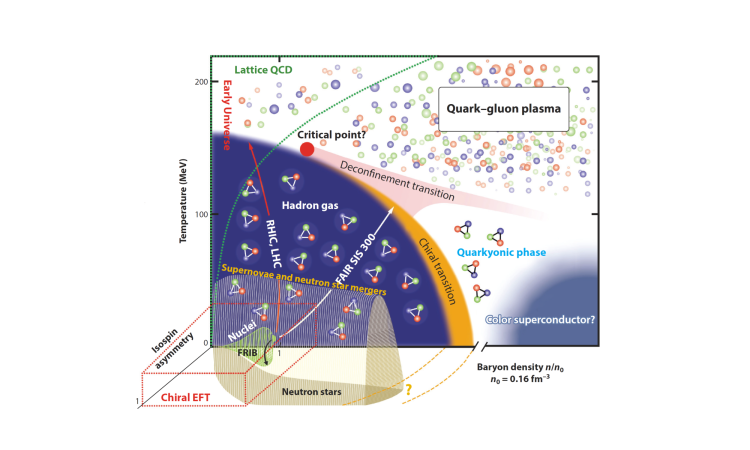
Finite-Temperature Effects in Multi-Messenger Astrophysics
The goal of this workshop will be to bring together experts from diverse physics backgrounds, as well as various career stages, to discuss recent progress and challenges concerning multi-physics problems associated with finite-temperature effects in multi-messenger astrophysical events.
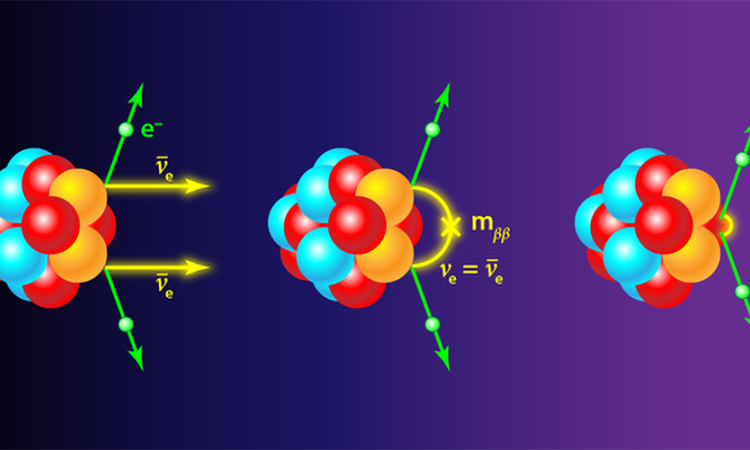
Recommended Values for Neutrinoless Double-Beta Decay Nuclear Matrix Elements
Neutrinoless double beta (0νββ) decay is a powerful experimental probe of the nature of neutrino masses and the origins of the baryon asymmetry in our universe; two of the most significant open questions in fundamental physics...
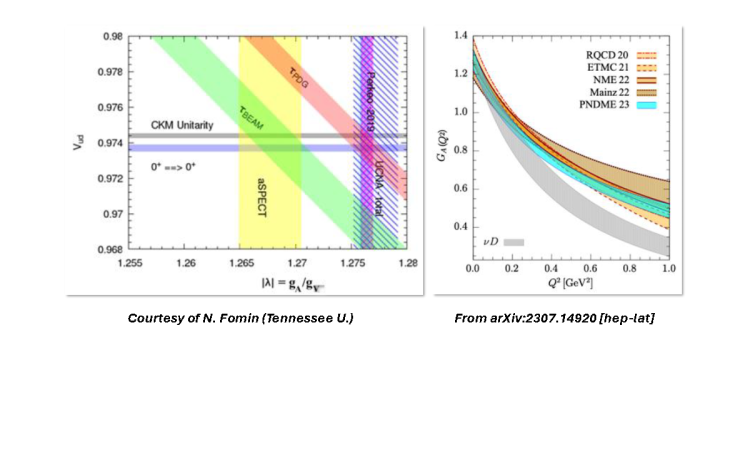
Probing the Axial Form Factor: An Emerging Frontier
This workshop aims to advance ongoing efforts to identify and characterize the impact of a potential high-precision measurement of the nucleon axial form factor, and to explore its broad implications for nuclear theory, lattice QCD, neutrino physics, and beyond.
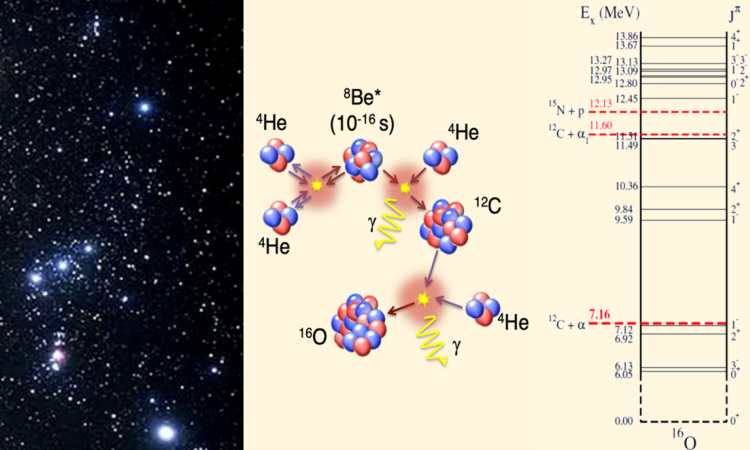
The Quantum Physics of Stars
The different burning phases of stars are determined by nuclear reaction rates, which in turn depend on the quantum structure of the underlying nuclear systems near the reaction thresholds and on the relevant reaction mechanisms.
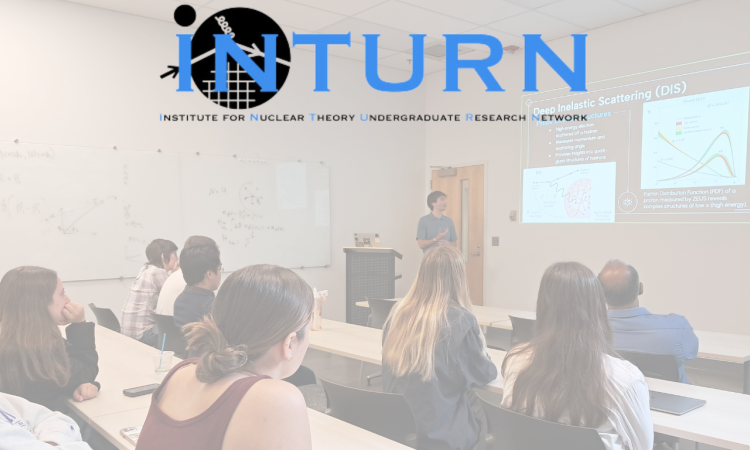
INTURN
The Institute for Nuclear Theory (INT) at the University of Washington (UW) offers opportunities for undergraduate research in nuclear physics. This INT Undergraduate Research Network (INTURN) program hosts undergraduate students interested in pursuing research in nuclear theory and taking steps toward a career in physics.
News and Announcements
